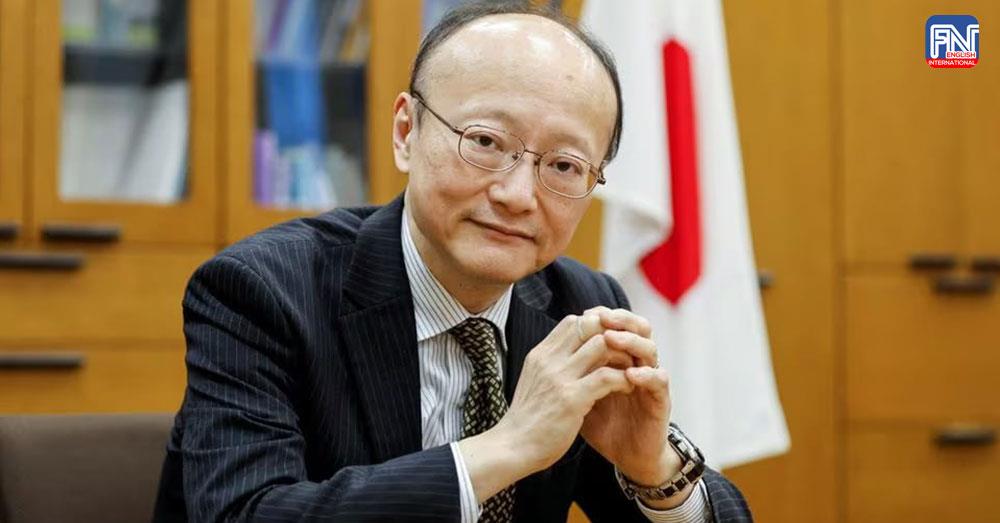SAO PAULO, Feb 28 (Reuters) - Japan stands ready to take appropriate action against excessive exchange-rate moves, its top currency diplomat said following yen declines to levels seen by traders as heightening the chance of currency intervention.
The warning by Masato Kanda, Japan's vice finance minister for international affairs, likely reflects Tokyo's desire to prevent further falls in the yen that would hurt households and retailers by boosting the cost of importing raw materials.
"I won't comment on recent currency moves. But it's desirable for exchange rates to move stably reflecting fundamentals," Kanda told reporters on Wednesday on the sidelines of the G20 finance leaders' meeting in Sao Paulo.
"We're watching currency moves with a strong sense of urgency, and ready to respond appropriately if we see excessively volatile moves," he said.
The yen is the worst-performing major currency this year as funds and others have traded on the huge U.S.-Japan interest rate and bond yield gap, and bet that it will persist.
It has shed 6% of its value against the dollar so far this year, falling below 150.00 per dollar to within sight of its post-1990 lows around 152.00 per dollar.
Kanda, who is attending the G20 meeting on behalf of Finance Minister Shunichi Suzuki, said he called on policymakers to be mindful of the risk that volatility may heighten in financial markets, including for exchange rates.
"I told the meeting that excess volatility in the currency market was undesirable, and that it was important to maintain the G20 commitment on exchange rates," he said.
The G20 and the smaller G7 group of advanced nations share a common understanding that stable currency moves are desirable, and that countries have authority to take action in the market when exchange-rate moves become too volatile.
Japan intervened in the currency market three times in 2022 when the yen plunged to 32-year lows near 152 yen to the dollar, conducting rare dollar-selling, yen-buying intervention.
While authorities have not stepped in to the market since then, traders are on alert for any sign of intervention as the yen flirts at the 150-level seen as Tokyo's line-in-the-sand.
Japanese authorities have repeatedly said they were paying more attention to the speed of currency moves, rather than levels, in deciding whether and when to intervene.
The yen's recent declines have been driven in part by heightening market expectations that the Bank of Japan will keep interest rates ultra-low, even after pulling short-term borrowing costs out of negative territory.

Photo from Reuters




